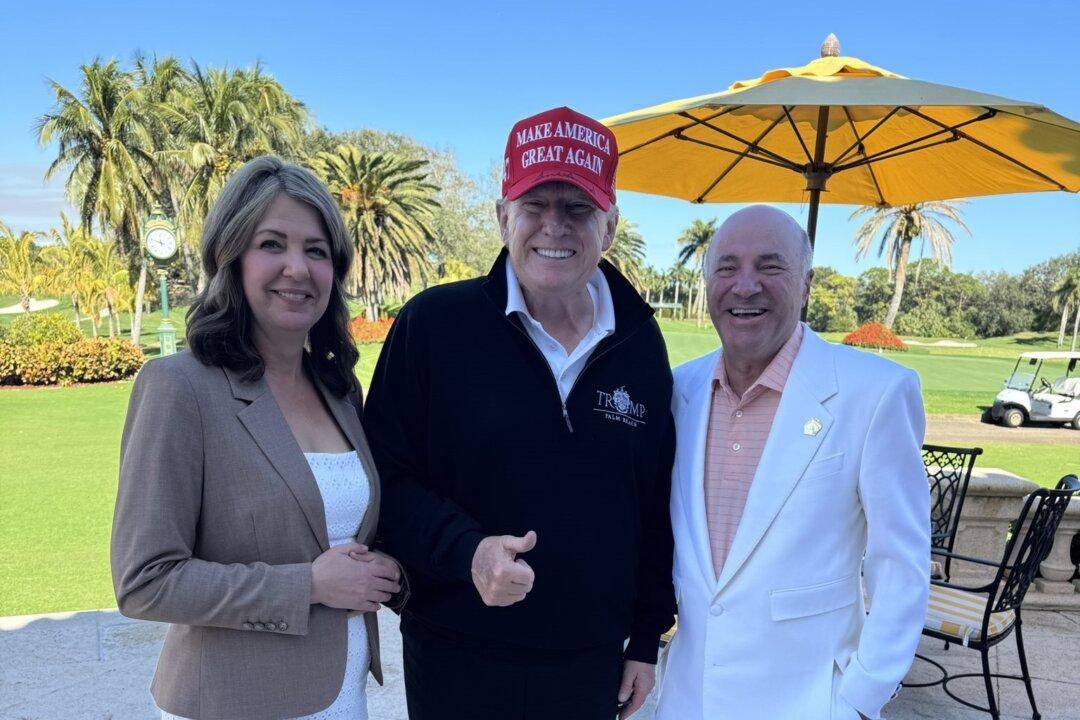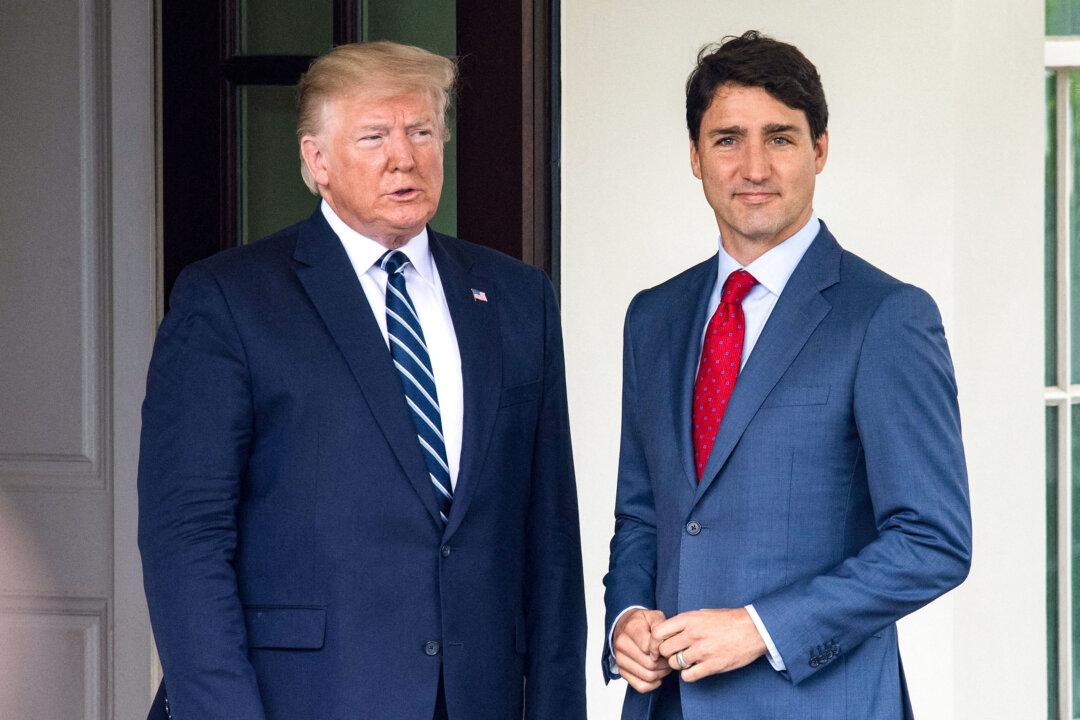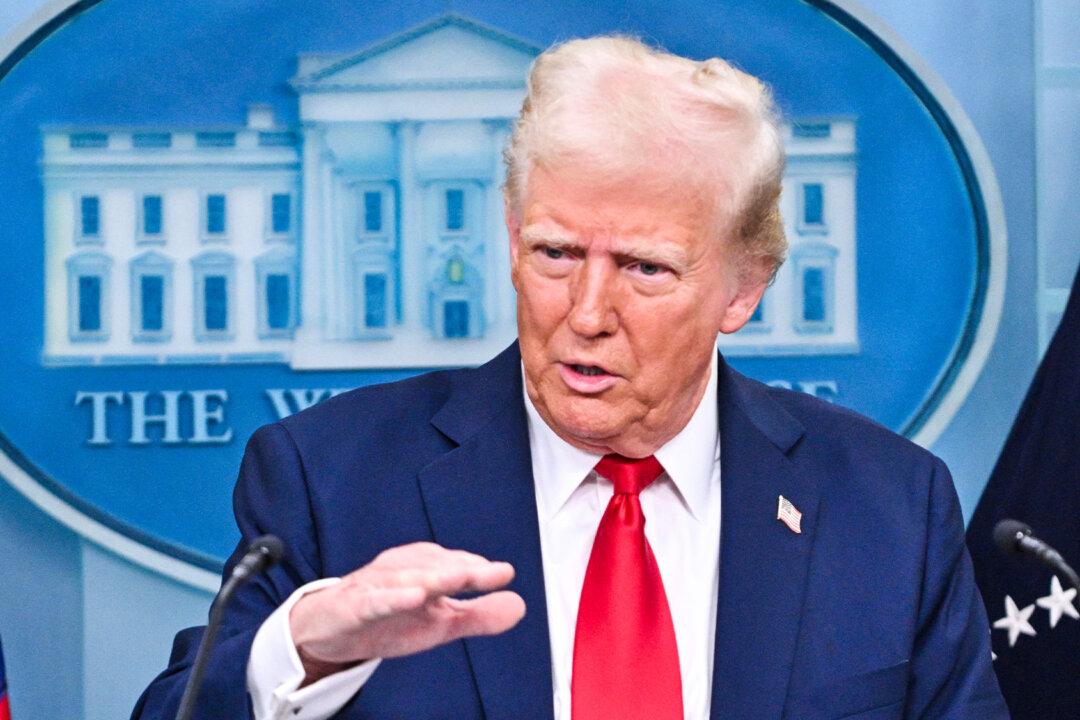Canada’s defence department canceled winter survival training with observers from China’s People’s Liberation Army (PLA) after security concerns were raised by the United States, Canadian government documents show.
Canada’s arrest of Huawei executive Meng Wanzhou on Dec. 1, 2018, on an extradition request from the United States led to China taking a hostile stance against Canada in pursuit of her release. China followed its threat of dire consequences should Canada fail to release Meng by detaining Canadian citizens Michael Kovrig and Michael Spavor on Dec. 10, 2018.
A January 2019 email by a defence department official says the concern about the winter survival training may have come up on the sidelines of a Five Eyes intelligence alliance meeting in the fall of 2018, but added that it was only the United States that was raising security concerns about the engagements. It said the department had no record of other Five Eyes members raising concerns.
An email in the same month by an official with the foreign affairs department notes that there has been a shift in the U.S. stance toward China under the Trump administration, and adds that the reluctance of Canada’s defence department to engage with the PLA is aligned with Washington’s approach.
The documents, which span 2019, also show the foreign affairs department urging the defence department not to cancel its engagements with the PLA, saying that if Canada were to make significant reductions in military engagements, China “will likely read this as a retaliatory move related to the Meng Wanzhou case.”
“Canada does not want to be the partner that is reducing normal bilateral interactions,” reads a guidance document issued by the foreign affairs department to the defence department in February 2019.
A few months before the games, in June, Chinese jets had buzzed Canadian naval ships in the East China Sea.
The released documents show a number of other planned engagements between Canada’s military and the PLA. Included in the list are PLA members attending a security studies program in Canada; PLA members teaching peacekeeping courses in Canada; Canadian forces taking and instructing peacekeeping courses in China; and Canadian delegations attending fleet review and training centres in China, among other planned items.
Canada’s Liberal government pursued closer ties with China after winning the 2015 election, at one point pursuing free trade talks with the communist country, and even considering an extradition treaty with the Beijing regime.
“[Despite] the fact that China has kidnapped our citizens, punished our farmers, and threatened Canadians in Hong Kong, the Liberal government is willing to jeopardize our Five Eyes intelligence to avoid offending the communist regime in Beijing,” the statement said.
The statement also said the documents show a misalignment in the approach to China between the foreign affairs and defence departments. The MPs also criticized the Liberals for backing away from creating a new policy framework for dealing with China, and instead opting for an “evolving” policy.
“An evolving or shifting policy is antithetical to a framework, which is a clear, consistent policy that will defend Canada’s interests and values,” they wrote.
Global Affairs Canada couldn’t be immediately reached for comment for this article.





